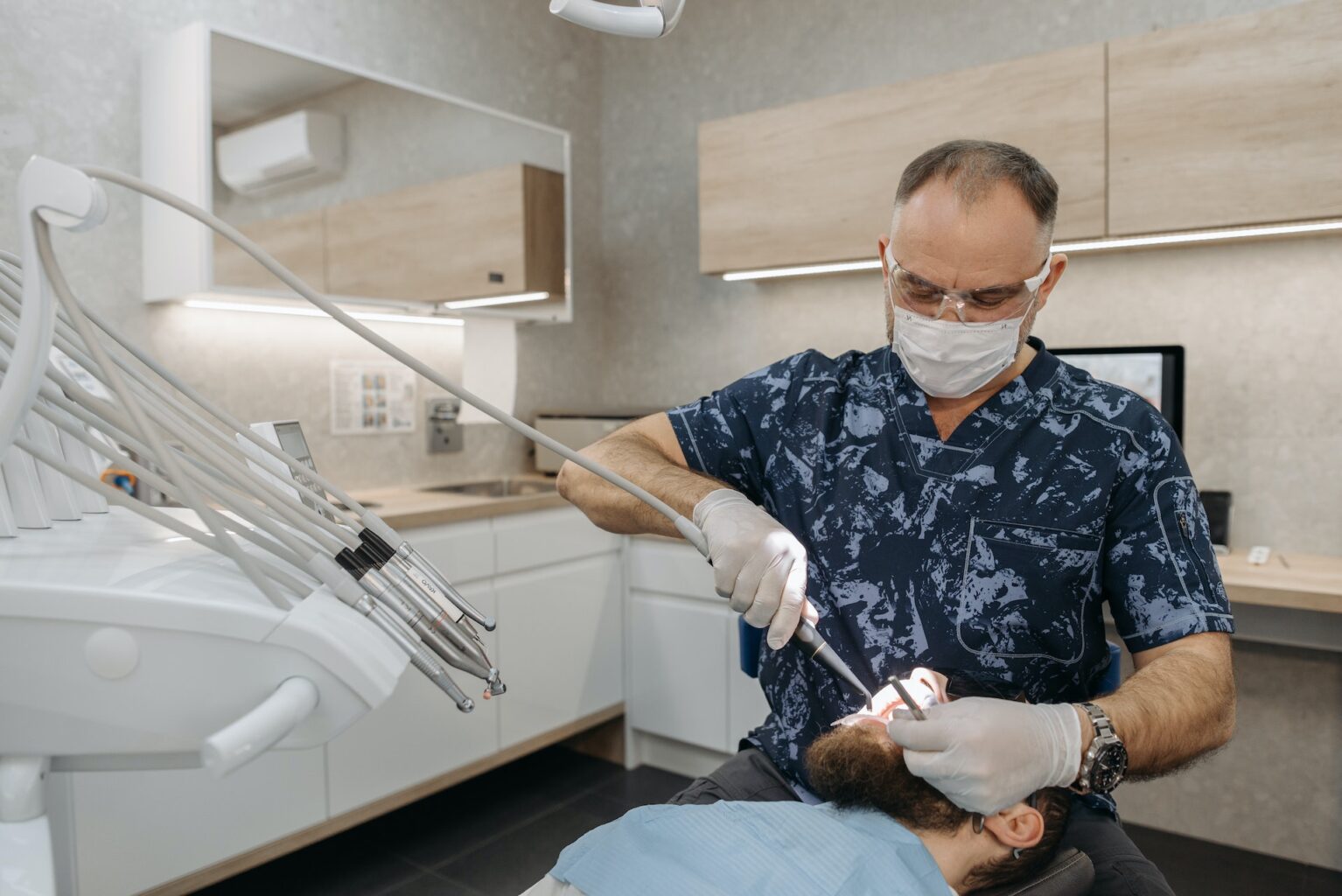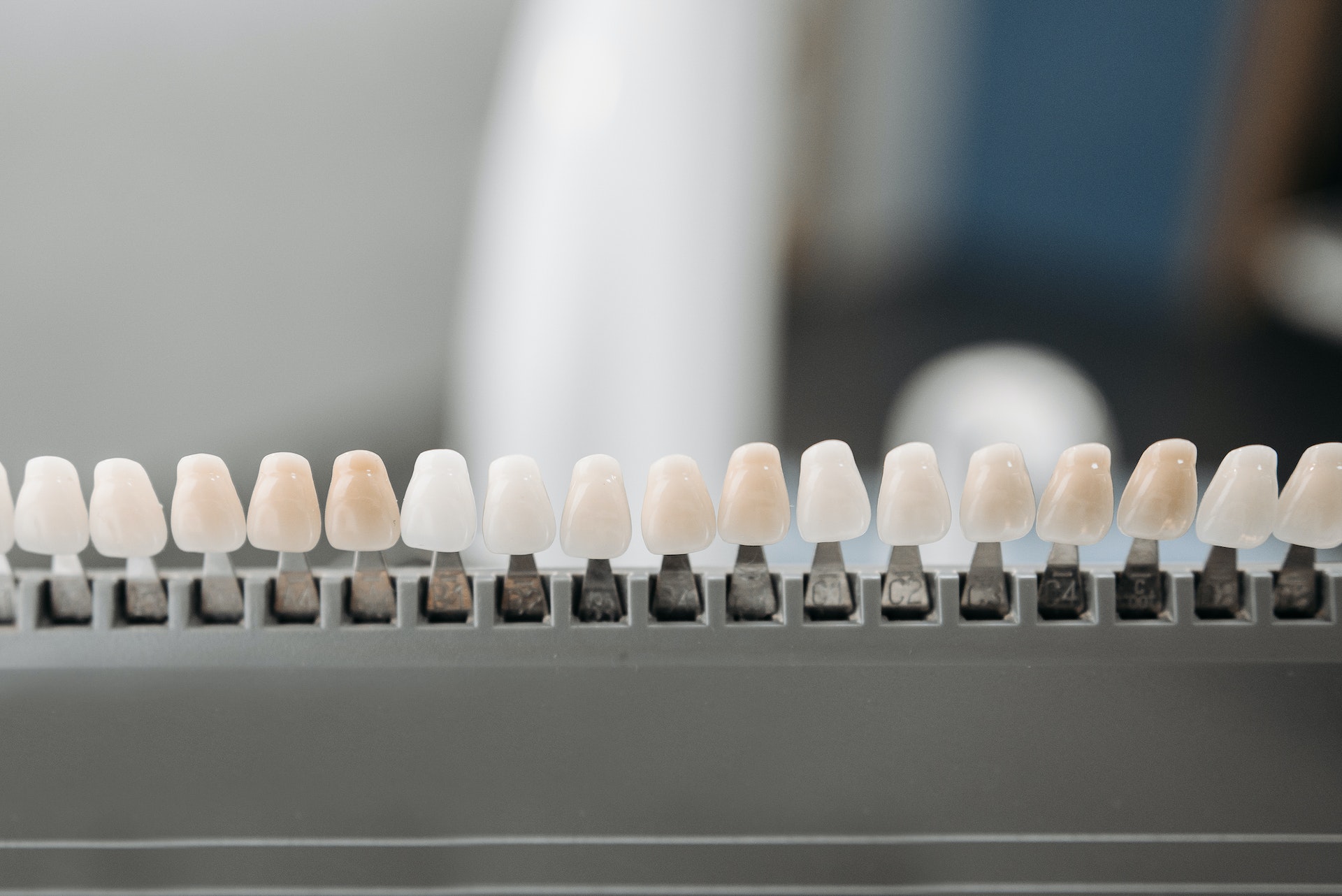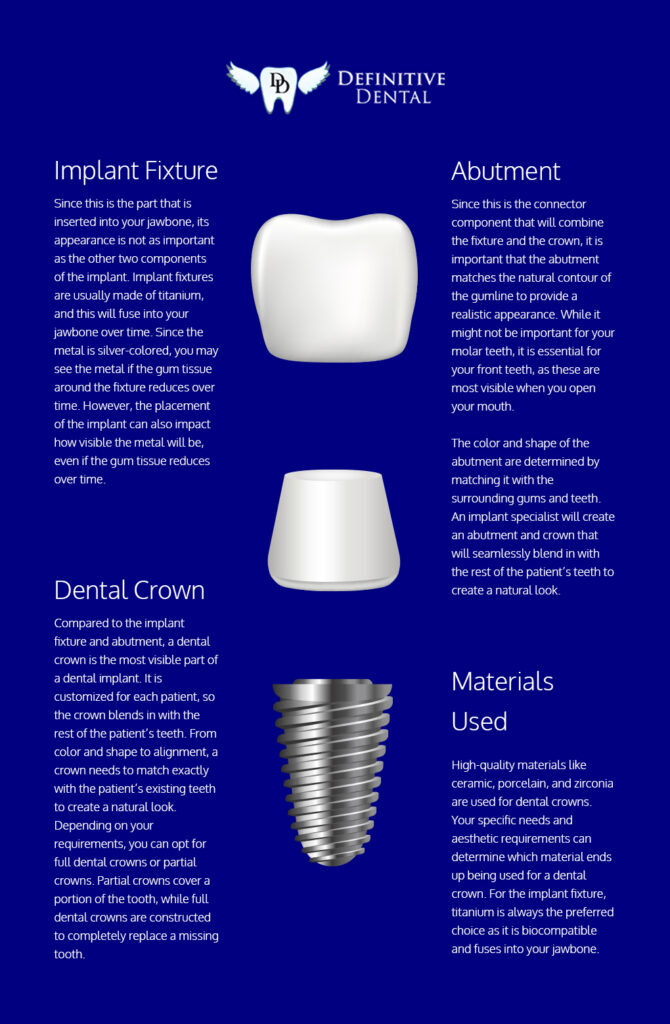How your teeth look can be connected to your confidence and even how you feel about yourself. And if you want to enhance your smile, visiting a dentist is crucial. After a consultation, most dentists will recommend either veneers or composite bonding. While both methods are great to get that perfect smile and fixing imperfections like discoloration, gaps, and even misalignment, one might be better than the other for you.
When it comes to veneers vs composite bonding, there are many differences, including the process, durability, cost, and more. If you’re having trouble deciding which method would be better for your needs and teeth, keep on reading to find out.
Understanding Veneers
Veneers are thin, custom-made shells that are generally made from porcelain and can be placed directly over the teeth to hide any imperfections. They are bonded to the surface of the teeth to stick over a period without causing any discomfort to you. Since they imitate the natural appearance of your teeth, they don’t look unnatural or out of place. To begin the process, you will have to visit a dentist to get fitted for your veneers, and some portion of your tooth may need to be shaved to accommodate the veneers. Once you know a bit more about veneers, you can also ask your dentist about which veneers are better for your specific needs.
Advantages
- Appearance: Since veneers are highly customizable when it comes to color, shape, and size, they offer the best look and a healthy smile. They can hide a number of imperfections, from stains to cracks, for a smile that you will truly love.
- Better durability: With an average lifespan of 10 to 15 years, veneers are the ideal solution when you’re looking for something long-lasting. They can also withstand general wear and tear.
- Stain resistant: Veneers are less prone to stains from coffee, tea, and any other staining foods or drinks.
Disadvantages
- Permanent procedure: Since the process of installing veneers requires enamel to be shaved off from your tooth, it is an irreversible procedure. Once you have veneers, you will always need them.
- Cost: Since the material and process used for veneers are complex, the associated cost tends to be higher as well. When considering veneers vs composite bonding, veneers tend to be more expensive. The number of teeth requiring veneers and their location can determine the cost of the overall procedure.
Understanding Composite Bonding
Dental or composite bonding involves using a tooth-colored resin composite material directly onto the teeth. The resin is sculpted and bonded to the tooth surface to appear as natural as possible. Any imperfections are covered using the resin, and it improves the overall appearance of your teeth and smile. In most cases, a single visit to the dentist is enough to get composite bonding done on your teeth.
Advantages
- Cost: Since getting dental bonding is a relatively simple procedure, it can be done with just one visit to the dentist. This makes it relatively more affordable when compared to veneers.
- Versatility: Dental bonding can be used to correct any dental imperfections, including cracks, chips, gaps, and any other minor misalignment to the teeth.
- Reversibility: When you’re considering veneers vs composite bonding, veneers are irreversible. However, the composite material can always be removed, leaving your tooth in its original state.
Disadvantages
- Durability: Composite material is durable, but it is not long-lasting when you’re comparing veneers vs composite bonding, as porcelain lasts longer. It is also prone to chips and staining, and you may require touch-ups over time.
- Appearance: While composite material can be molded to your teeth perfectly, it can’t achieve the same translucency or natural appearance that porcelain can provide. The texture and shade of the composite material also might not match your natural teeth exactly, and you might be easily able to tell apart the material from your natural teeth
Deciding Between The Two

All in all, your decision between veneers vs composite bonding should be dependent on a number of factors, including your personal preferences, budget, and situation. Many people find that smaller imperfections can be easily covered by composite bonding, while those who are looking for a perfect smile might prefer veneers.
If you are willing to prioritize and invest in your teeth, veneers might be the perfect solution for you. It can considerably cut down on your dental visits for maintenance and touch-ups while allowing you to retain the perfect smile for years to come. But if you have minor imperfections and a limited budget, composite bonding can be preferable. To know more about which veneers are better for your needs, it would be best to find a specialized dentist who can help you.
Finding the Best Solution For You
Before making any decision, it is crucial that you visit your dentist to get professional advice. A qualified and experienced dentist can provide a personalized analysis that looks into your specific dental needs. They can discuss potential advantages and disadvantages when it comes to veneers vs composite bonding, considering your lifestyle and situation.
An expert dentist can also recommend which veneers are better and show you the results of other patients with the same procedures. At the end of the day, you need to be confident in your choice, and getting extensive information about the procedures and their results is vital. The results of both procedures are similar, and knowing the differences can help you choose which one is more ideal. Since getting veneers is a permanent choice, you need to be completely invested in the option before you go ahead with it.
Schedule Your Appointment for a Healthier Smile Today
When you know the pros and cons of veneers vs composite bonding, you can make an informed decision that helps you get the smile of your dreams. At Definitive Dental, we help you personalize your smile for better confidence, appearance, and health.
The choice between veneers and composite bonding can be tough, especially when you feel like you don’t have all the information you need to make an accurate decision. Get a consultation with us today to understand what option would be better for you and why.
Schedule a consultation with us today by calling (972) 646-0660 or by filling out our form.





